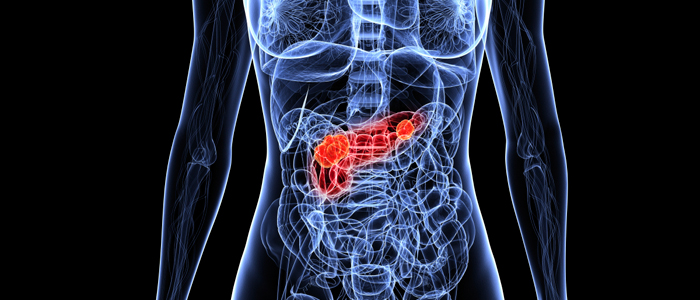Aspirin may keep pancreatic cancer at bay
In Clinical
Follow this topic
Bookmark
Record learning outcomes
Pancreatic cancer has one of the worst prognoses of any malignancy: just 3.7 per cent of adults with the tumour in England survive for at least five years, according to Cancer Research UK. Now a new study suggests that regularly taking daily aspirin may halve the risk of pancreatic cancer.

US researchers interviewed 362 patients with pancreatic cancer and 690 controls. They considered 75-325mg aspirin per day to be a low dose (e.g. for heart disease prevention) and doses higher than this as a regular dose (e.g. used as an analgesic or anti-inflammatory).
People who regularly used aspirin were 48 per cent less likely to develop pancreatic cancer than those who never took aspirin. Taking low-dose aspirin continuously for six years or less reduced the risk of pancreatic cancer by 37 per cent; for between six and 10 years by 59 per cent; and for more than 10 years by 60 per cent.
In contrast, taking regular-dose aspirin continuously for six years or less reduced the risk of pancreatic cancer by 73 per cent; used for between six and 10 years by 39 per cent; and for more than 10 years by 11 per cent.
The last two differences were not statistically significant. The declining benefit may reflect use of regular dose aspirin for symptoms of early pancreatic cancer, such as abdominal discomfort/back pain.
“Older studies of aspirin use have been clouded by the use of aspirin for pain relief from conditions that themselves might be related to the risk for pancreatic cancer,†remarked study author Harvey Risch, professor of epidemiology at the Yale School of Public Health. “Only recently have people been using low-dose aspirin for a long enough time that the use might bear on risk of pancreatic cancer development.â€
Pancreatic cancer shows a latency of about 10 years so aspirin probably reduces the cancer’s progression rather than preventing development. Furthermore, compared to using aspirin at the time of interview, stopping aspirin within the previous two years was associated with a trebling in the risk of pancreatic cancer (odds ratio 3.24). This probably reflects the “increasing inability†of people who are developing pancreatic cancer to tolerate daily aspirin. (Cancer Epidemiol Biomarkers Prev)
